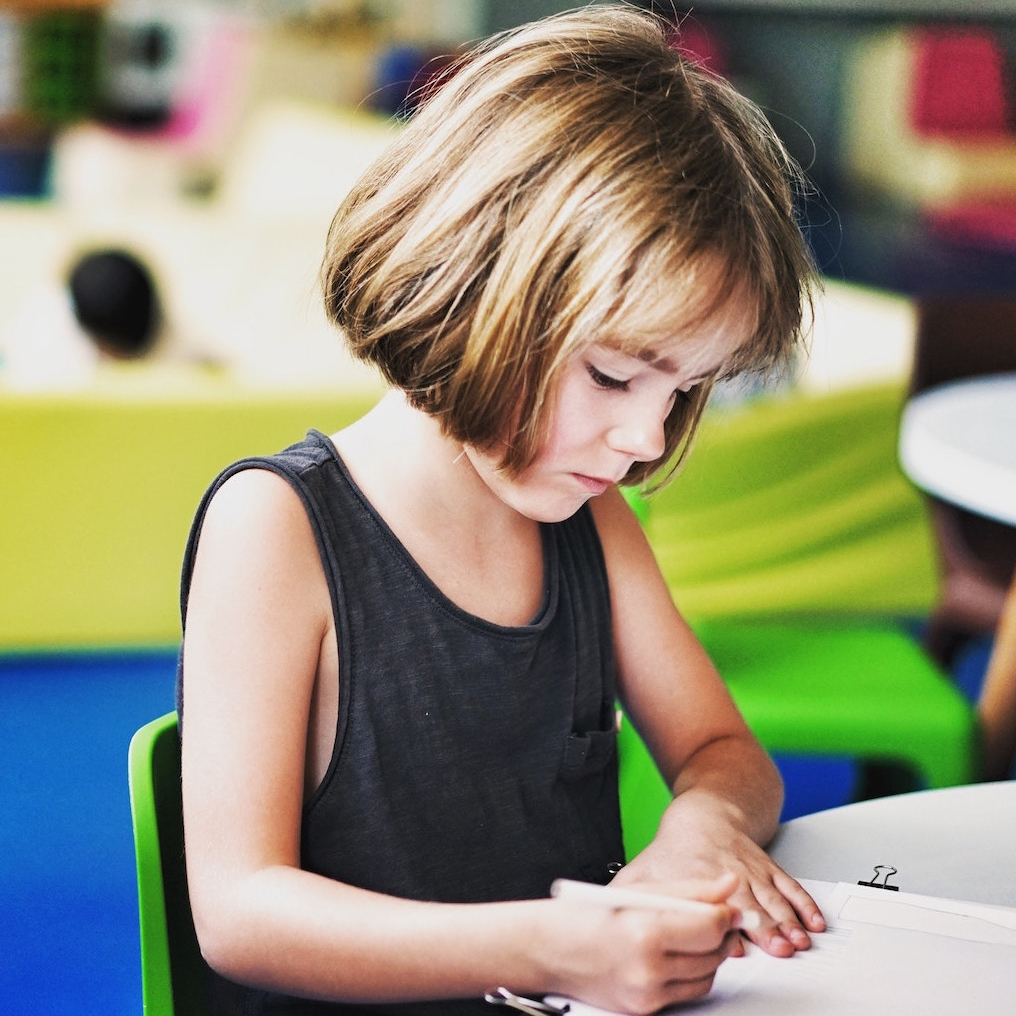Arianna’s Story
Arianna is 10 years old girl who was diagnosed with medulloblastoma several years ago. After her diagnosis, she was initially seen by (the Making Headway Funded) Educational Coordinator at NYU, Julia Gomez, for screening during a post-treatment follow-up visit. During the time of Arianna’s initial diagnosis, in 2018, Julia had swiftly coordinated meetings between the parents and the school team to get home instruction set up immediately. This allowed Arianna, a strong student who was upset by the idea of missing out on schooling, to continue with her studies with a program designed specifically to work around her medical appointments and the experienced side effects. With this support, Arianna was able to grow academically at the same rate as her peers and re-integrate into her gifted and talented program as soon as her medical providers allowed.
Read More/Less
More recently, Arianna’s parents had begun to notice some impact from her treatment including slowing processing speed, trouble completing tasks independently, and difficulty keeping up with her workload (all common issues facing brain tumor survivors). With Julia’s help, Arianna received full neuropsychological re-evaluation with Dr. Sara Powell, whose position is also partially funded by Making Headway. The results indicated that she had generally tolerated the treatment quite well though subtle difficulties were identified that would make learning and school somewhat more challenging. Specifically, Arianna demonstrated subtle weaknesses in attention, processing speed, poor vigilance (trouble sustaining mental stamina over time), and need for repetition of information to commit information to memory. Recommendations were made to the school, but their staff were reluctant to implement the services recommended by the evaluation. The importance of having someone like Julia, who is an expert in brain-behavior relationships and the implications of medical treatments, is crucial in making the case for academic and emotional support. Effects of radiation treatment can emerge over the years, becoming more pronounced as time goes on, and thus quick intervention is crucial to identify the related areas of decline as they appear. Swift intervention can provide a child with appropriate services to mitigate any school failure and decrease in self-esteem.
After obtaining the re-evaluation results, Julia went to work to help advocate for the need for additional services. Julia walked the family through the process of getting an individualized educational program with appropriate support and wrote a letter to the Department of Education. Unfortunately, the school initially pushed back on several of the services the team thought were necessary. Julia engaged in many educational meetings with the school social worker in order to explain how Arianna’s difficulties perfectly aligned with expected treatment effects of radiation. While Julia was able to get many supports in place (specialized instruction, occupational therapy, etc.), the school remained hesitant about implementing other services. Julia brought in Dr. Powell to help and they explained, from both the medical and educational perspectives, the critical need for these services. Ultimately, the school team agreed to the recommendations set out in the neuropsychological evaluation. Arianna was recently seen for follow up with Dr. Powell for a check in and is doing quite well. She has made excellent use of the supports and no longer feels stressed and upset by school. Thanks to her own hard work, the efforts of her parents, and the dedication of two members of the Making Headway Ongoing Care Team, Arianna is managing her workload and her mood has improved drastically.


 Instagram
Instagram